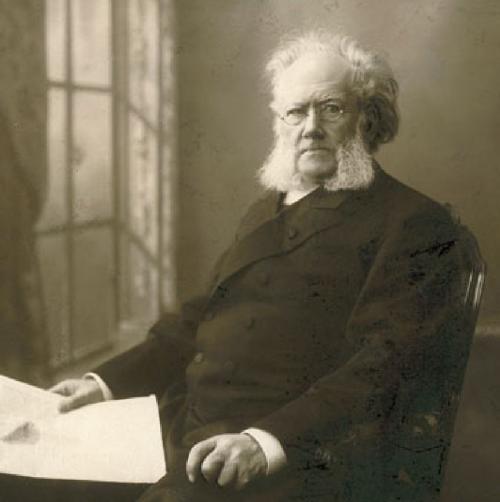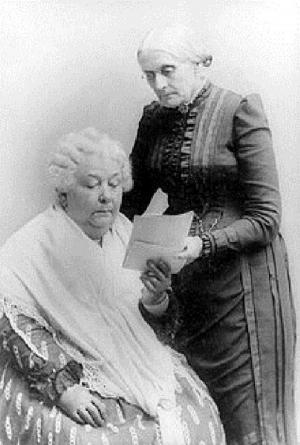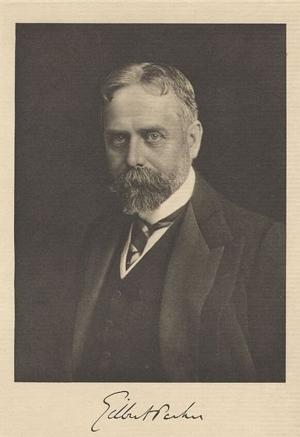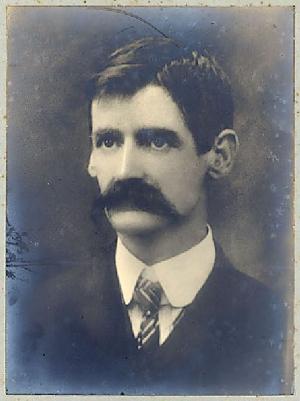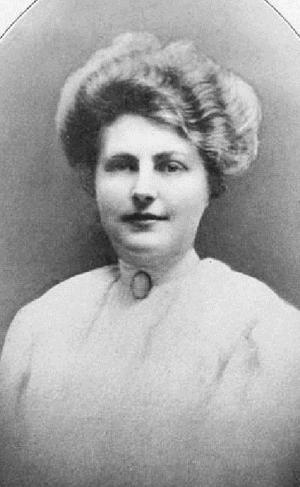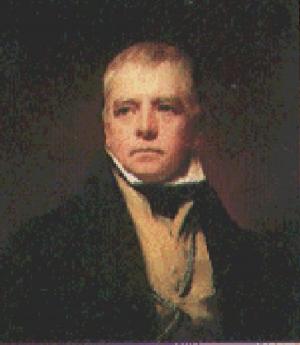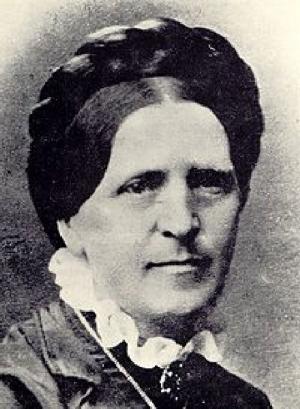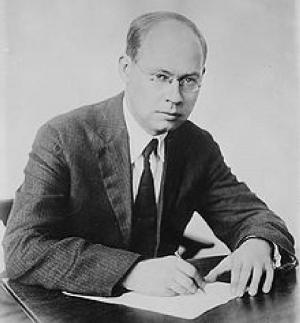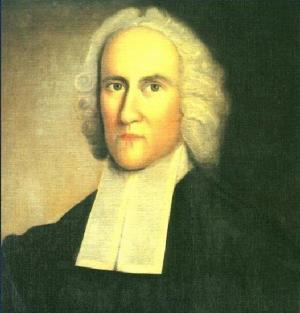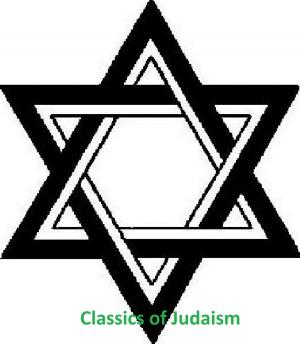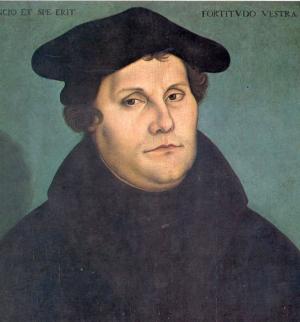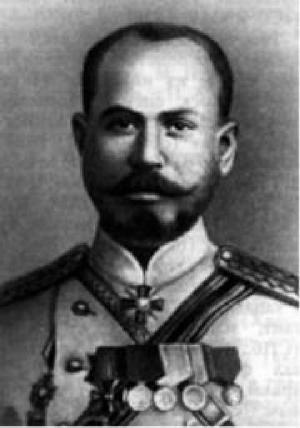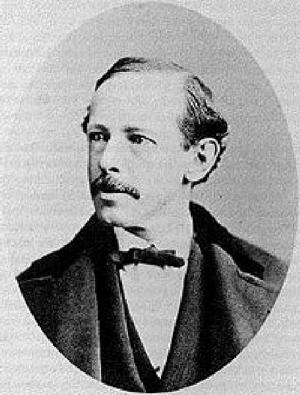Ibsen: 18 plays in English translation
Fiction & Literature, Drama, Continental European, Nonfiction, Entertainment| Author: | Henrik Ibsen | ISBN: | 9781455393312 |
| Publisher: | B&R Samizdat Express | Publication: | December 15, 2009 |
| Imprint: | Language: | English |
| Author: | Henrik Ibsen |
| ISBN: | 9781455393312 |
| Publisher: | B&R Samizdat Express |
| Publication: | December 15, 2009 |
| Imprint: | |
| Language: | English |
This file includes: Catline 1850, translated by Anders Orbeck; The Warrior's Barrow (AKA The Burial Mound) 1850, translatd by Anders Orbeck; Olaf Liljerkrans 1856, translated by Anders Orbeck; The Feast at Solhoug 1855, translated by William Archer and Mary Morrison; Lady Inger of Ostrat 1855, translated by Charles Archer; The Vikings at Helgeland 1857, translated by William Archer; Love's Comedy 1862, translated by C.H. Hereford; Pillars of Society 1877, translated by R. Farquharson Sharp; A Doll's House 1879; Ghosts 1881, translated by William Archer; Ghosts 1881, translated by R. Farquharson Sharp; An Enemy of the People 1882, translated by R. Farquharson Sharp; Rosmersholm 1886, translated by R. Farquharson Sharp; Lady from the Sea 1888, translated by Charles Archer; Hedda Gabler 1890, translated by Edmund Gosse and William Archer; The Master Builder 1892, translated by Edmund Gosse and William Archer; Little Eyolf 1894, translated by William Archer; John Gabriel Borkman 1896, translated by William Archer; and When We Dead Awaken 1899, translated by William Archer. According to Wikipedia: "Henrik Johan Ibsen (20 March 1828 23 May 1906) was a major 19th-century Norwegian playwright, theatre director, and poet. He is often referred to as "the father" of modern drama and is one of the founders of Modernism in the theatre. His plays were considered scandalous to many of his era, when Victorian values of family life and propriety largely held sway in Europe. Ibsen's work examined the realities that lay behind many facades, possessing a revelatory nature that was disquieting to many contemporaries. It utilized a critical eye and free inquiry into the conditions of life and issues of morality. Ibsen is often ranked as one of the truly great playwrights in the European tradition, alongside Shakespeare."
This file includes: Catline 1850, translated by Anders Orbeck; The Warrior's Barrow (AKA The Burial Mound) 1850, translatd by Anders Orbeck; Olaf Liljerkrans 1856, translated by Anders Orbeck; The Feast at Solhoug 1855, translated by William Archer and Mary Morrison; Lady Inger of Ostrat 1855, translated by Charles Archer; The Vikings at Helgeland 1857, translated by William Archer; Love's Comedy 1862, translated by C.H. Hereford; Pillars of Society 1877, translated by R. Farquharson Sharp; A Doll's House 1879; Ghosts 1881, translated by William Archer; Ghosts 1881, translated by R. Farquharson Sharp; An Enemy of the People 1882, translated by R. Farquharson Sharp; Rosmersholm 1886, translated by R. Farquharson Sharp; Lady from the Sea 1888, translated by Charles Archer; Hedda Gabler 1890, translated by Edmund Gosse and William Archer; The Master Builder 1892, translated by Edmund Gosse and William Archer; Little Eyolf 1894, translated by William Archer; John Gabriel Borkman 1896, translated by William Archer; and When We Dead Awaken 1899, translated by William Archer. According to Wikipedia: "Henrik Johan Ibsen (20 March 1828 23 May 1906) was a major 19th-century Norwegian playwright, theatre director, and poet. He is often referred to as "the father" of modern drama and is one of the founders of Modernism in the theatre. His plays were considered scandalous to many of his era, when Victorian values of family life and propriety largely held sway in Europe. Ibsen's work examined the realities that lay behind many facades, possessing a revelatory nature that was disquieting to many contemporaries. It utilized a critical eye and free inquiry into the conditions of life and issues of morality. Ibsen is often ranked as one of the truly great playwrights in the European tradition, alongside Shakespeare."
